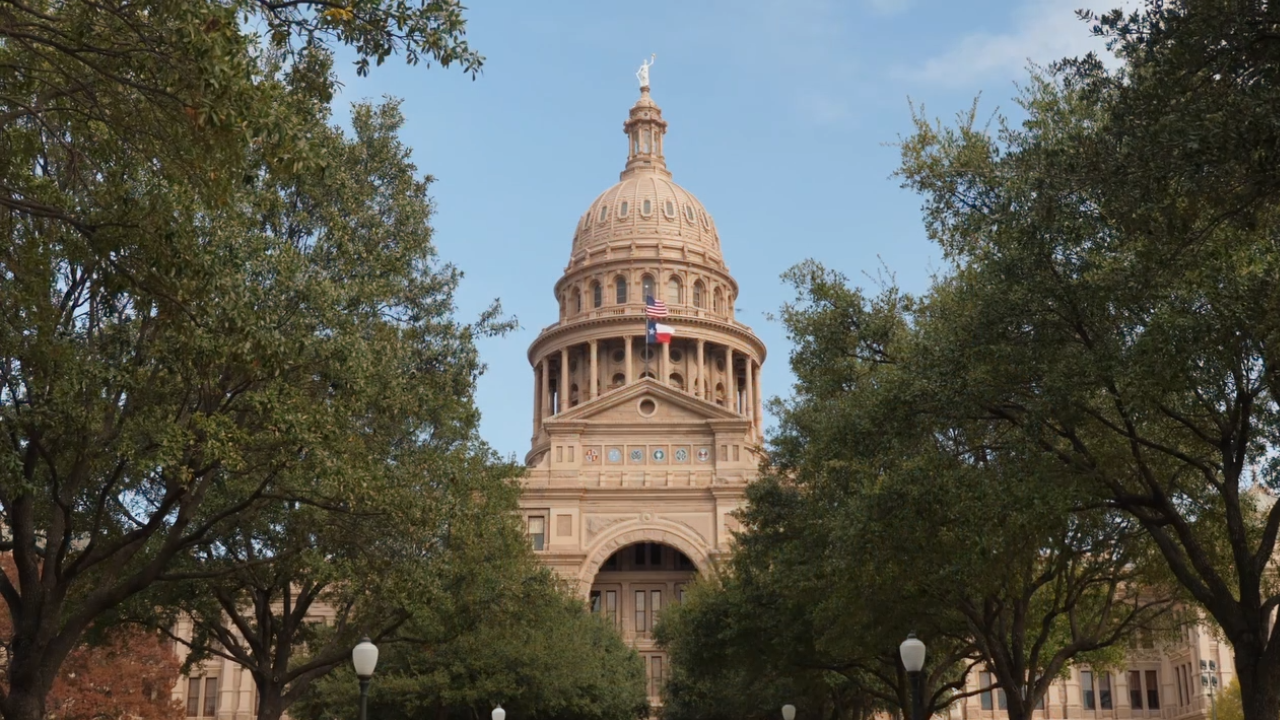SALT LAKE CITY — In the wake of the 2020 census, Utah's state legislators took control of the congressional redistricting process, sidelining a non-partisan commission created by voter-approved proposition.
The result, according to advocates, has been the division of a Democratic stronghold in Salt Lake County into four reliably Republican voting districts.
"The Utah makeup and the population, if we're truly being represented, it would likely be that we'd have three Republicans and a Democrat," said Elizabeth Rasmussen, executive director of the non-profit group Better Boundaries. "That's just the makeup of the population."
Rasmussen's organization has been supporting a lawsuit to reinstate the voter-approved proposition and restore the commission's authority over redistricting. After the legislature stripped the commission's power, she said, "we've been working since...to reinstate proposition four as it was originally written."
The congressional districts in Utah highlight a broader trend, as Republican-controlled states look to reshape voting maps to their advantage. In Texas, for example, GOP lawmakers are pursuing similar strategies to dilute Democratic votes.
Rasmussen notes that a court decision could change Utah politics in the opposite direction, because using the non-partisan commission's maps would likely lead to a competitive seat for Democrats, maintaining 3 reliably Republican seats.
The outcome of the legal challenge to Utah's redistricting process will be closely watched as states across the country grapple with the political implications of redrawn voting maps.




